Cancer youth freeze eggs and sperm for chance at future babies
YOUNG cancer patients are having their ovaries and sperm frozen so they have a chance at having children one day. Gizelle Tadros was diagnosed with Hodgkin’s lymphoma at 21 and by freezing her eggs, was able to have her “miracle boy” Charbel 10 years later.
NSW
Don't miss out on the headlines from NSW. Followed categories will be added to My News.
YOUNG cancer patients are having their ovaries and sperm frozen so the treatment that saves their lives doesn’t ruin their chances of having children.
Having a baby is one of the last things on a teenager’s mind when faced with a diagnosis of cancer but fertility preservation is now offered to young people, including children, through the Fertility Research Centre in Sydney.
Oncologist and CanTeen fertility expert Dr Antoinette Anazodo said her unit, unique in NSW, must move fast to preserve fertility in the face of a cancer diagnosis.
“We have a referral pathway between a cancer doctor and a gynaecologist or fertility expert so in our centre it means patients can quickly be referred,” Dr Anazodo said.
“91 per cent of our patients are seen by a fertility expert within 24 hours (of a cancer diagnosis).
“Our youngest patient is 12, but now we need time for these children to eventually come back and use the tissue.”
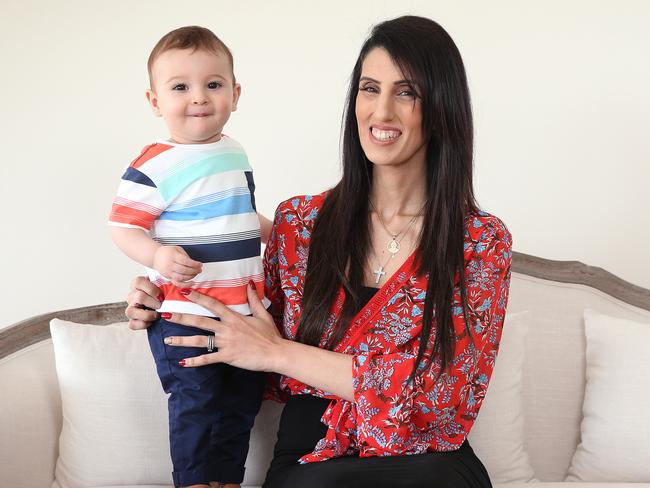
Gorgeous one-year-old Charbel Tadros has been 10 years in the making. The egg that became him was inside part of an ovary that was surgically removed and frozen before his mother went into a battle for her life.
Gizelle Tadros was just 21 when she was diagnosed with stage four Hodgkin’s lymphoma. Before intense chemotherapy started, it was suggested she safeguard her fertility, which would be destroyed by treatment.
“They took a third of my ovary tissue and preserved it and then hit with me with intense chemo,” the now 31-year-old from Penrith said.
MORE FROM JANE HANSEN
WARNING ISSUED FOR DIET CREATED BY ‘HARMFUL CULT’
MENTAL HEALTH BURDEN ON HOSPITALS AT CRISIS LEVELS
After a year of treatment she relapsed and needed a bone-marrow transplant, which also carries a high risk of fertility damage.
It left her perilously thin but it cured her and she went on to marry her sweetheart Jason Tadros in 2014.
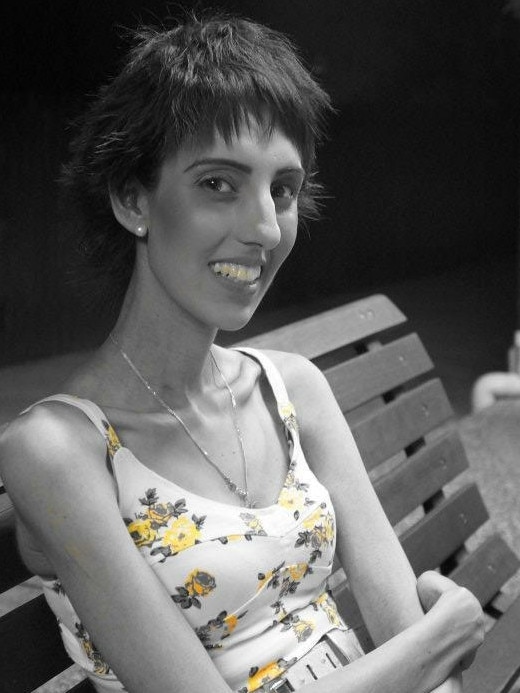
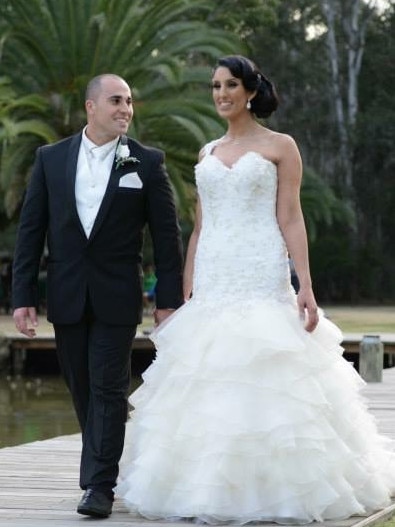
When thoughts turned to family, her preserved ovarian tissue was grafted back on to her ovary by a pioneer in the field, Associate Professor Kate Stern from Melbourne IVF. Dr Anazodo’s unit had not started back then.
“It took five rounds of IVF before our beautiful little miracle boy was born on the 23rd of October, 2017,” the proud mum said.
At age 15, Jenna Golub was counselled by Dr Anazodo and her team as soon as she was diagnosed with Hodgkin’s lymphoma. Within a week, Jenna had her ovarian tissue preserved and then she started chemo.
“I trusted that Dr Anazodo knew what would be best for me in the long run, so I just did it,” she said.
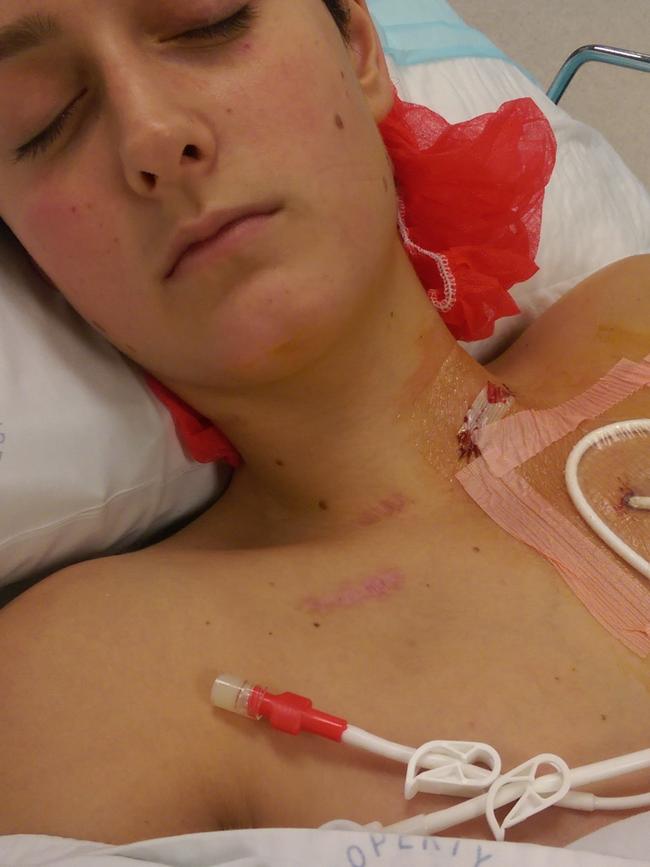
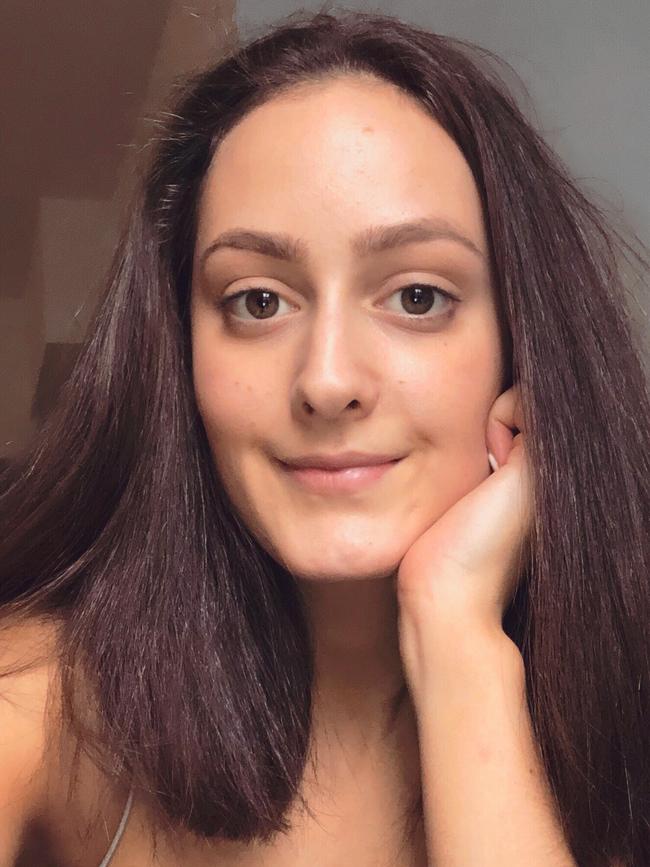
The now 19-year-old from Shellharbour is in remission but went into menopause during her HSC. Now she is very grateful she took that advice.
“I did go into menopause so I’m very glad I listened because I’ve always loved babies and it’s something I’ve always wanted,” Ms Golub said.
“There is now widespread acknowledgment of the importance to discuss fertility preservation with patients, and it’s no longer experimental with 140 births around the world so far,” Prof Stern said.
For prepubescent boys and girls, ovarian cryopreservation and testicular tissue are taken for future grafts. Eggs and sperm are collected in pubescent children and young adults.
Sadly others have missed the chance.
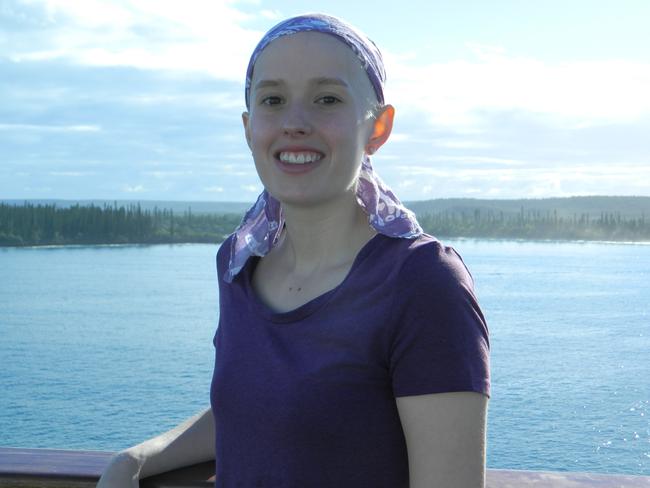
Kaitlyn O’Kane was just 13 when she was diagnosed with brain cancer. She was offered the same opportunity to freeze her ovarian tissue but the concept overwhelmed her at the time.
Last year, at age 21, she found the gruelling chemo had not only left her with permanent hair loss but she was infertile.
“I had a breakdown and severe panic attacks, I’m all right now, but it broke me,” Ms O’Kane said.
CanTeen Australia is campaigning to increase awareness of this issue, which will be highlighted at the Annual Global Adolescent and Young Adult Cancer Congress from December 4-6 in Sydney.
Originally published as Cancer youth freeze eggs and sperm for chance at future babies


